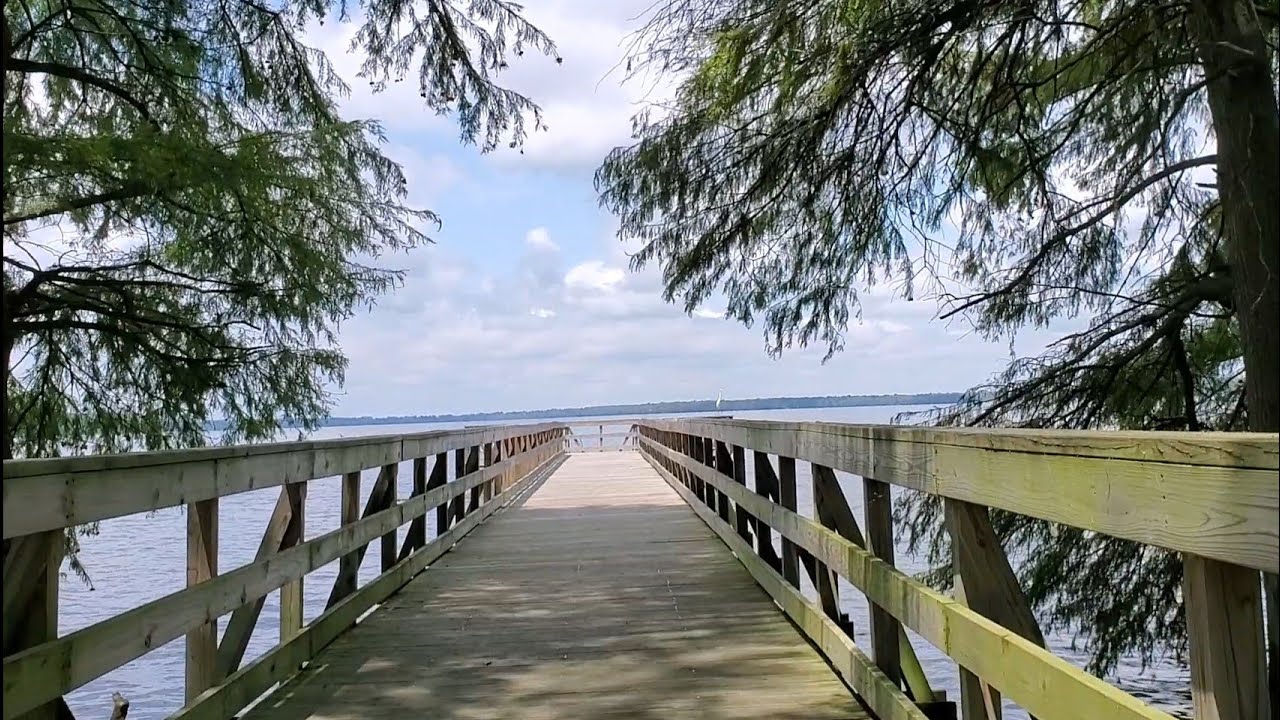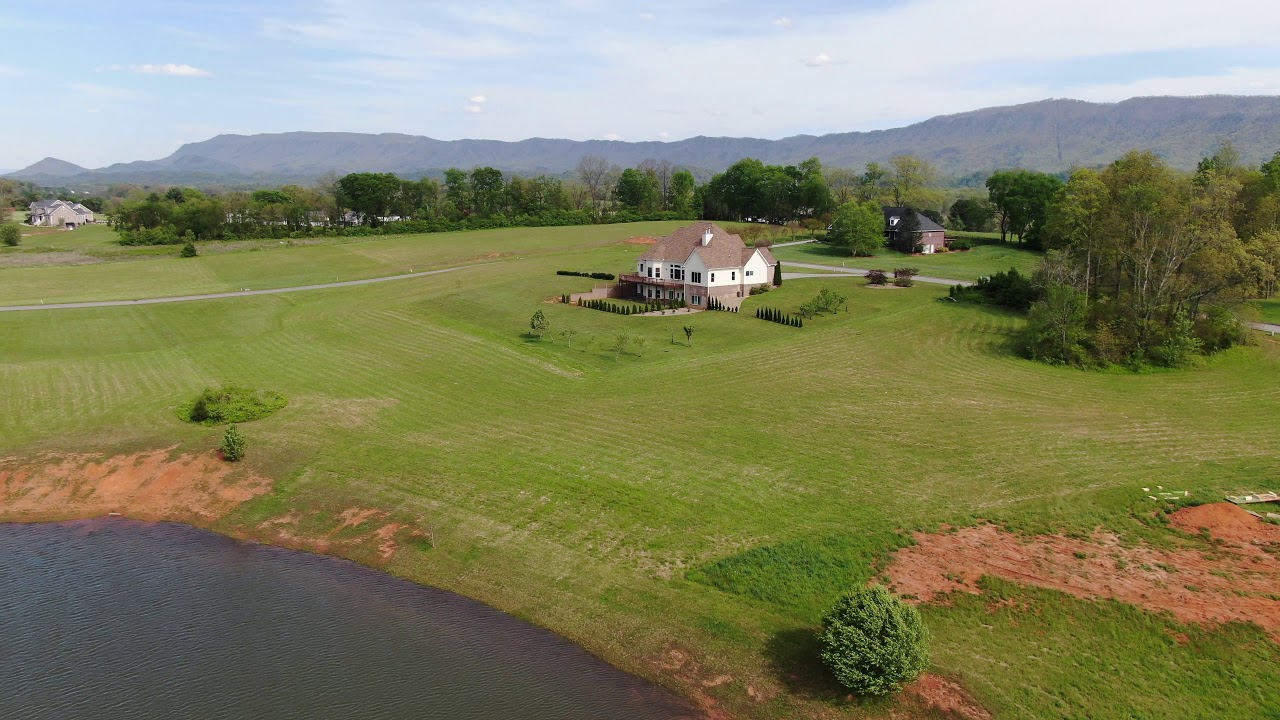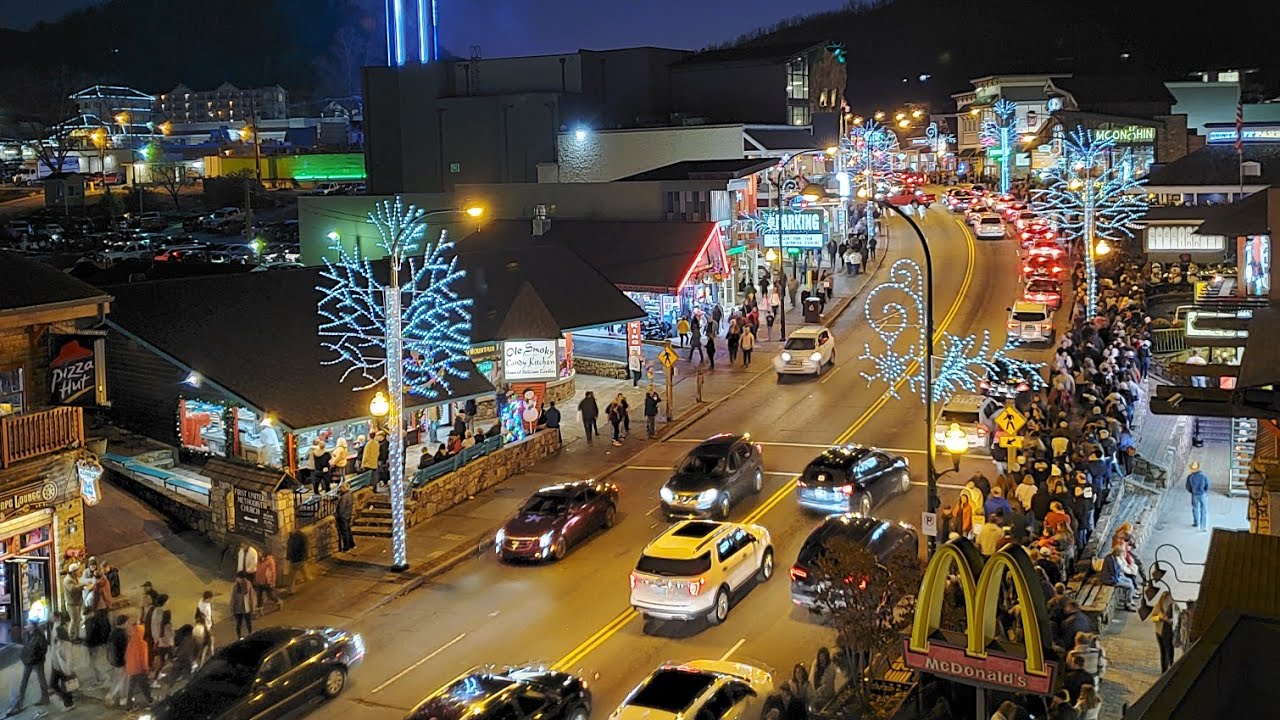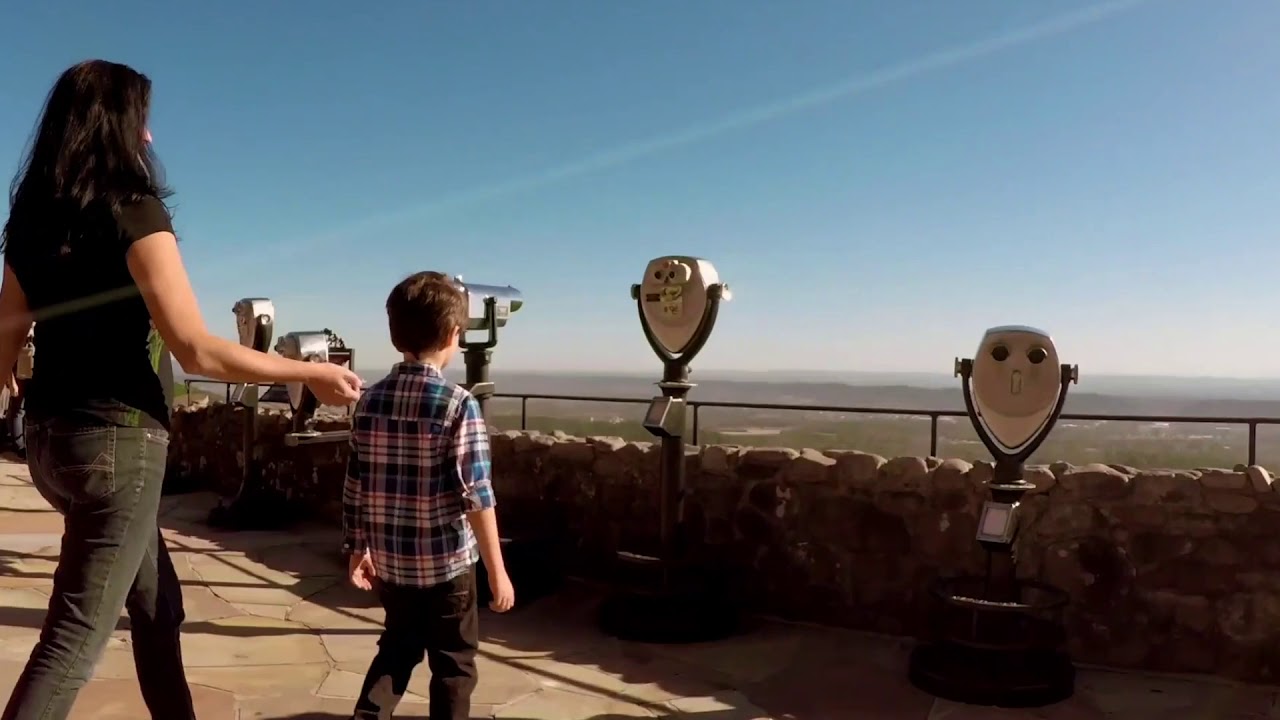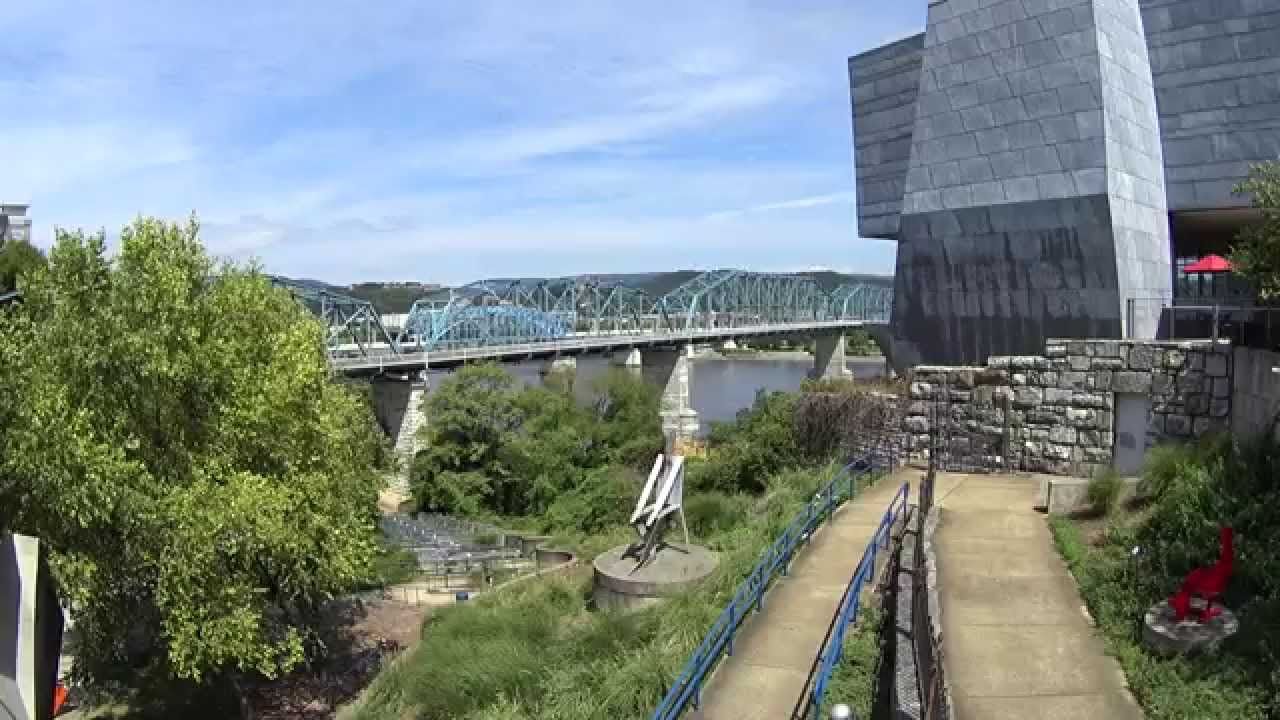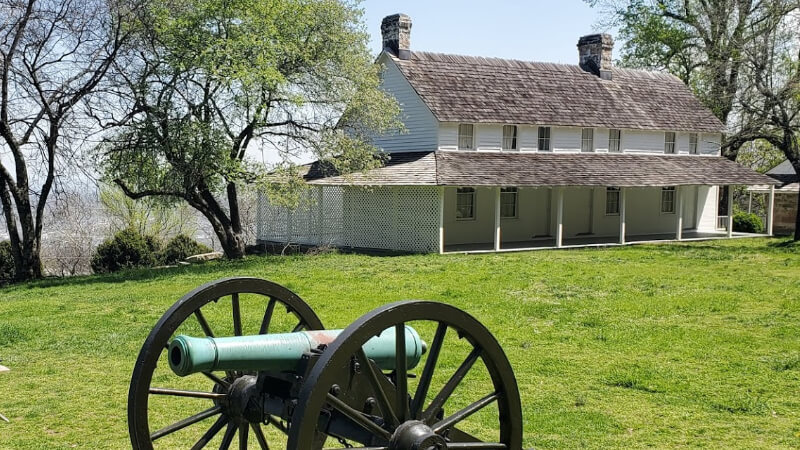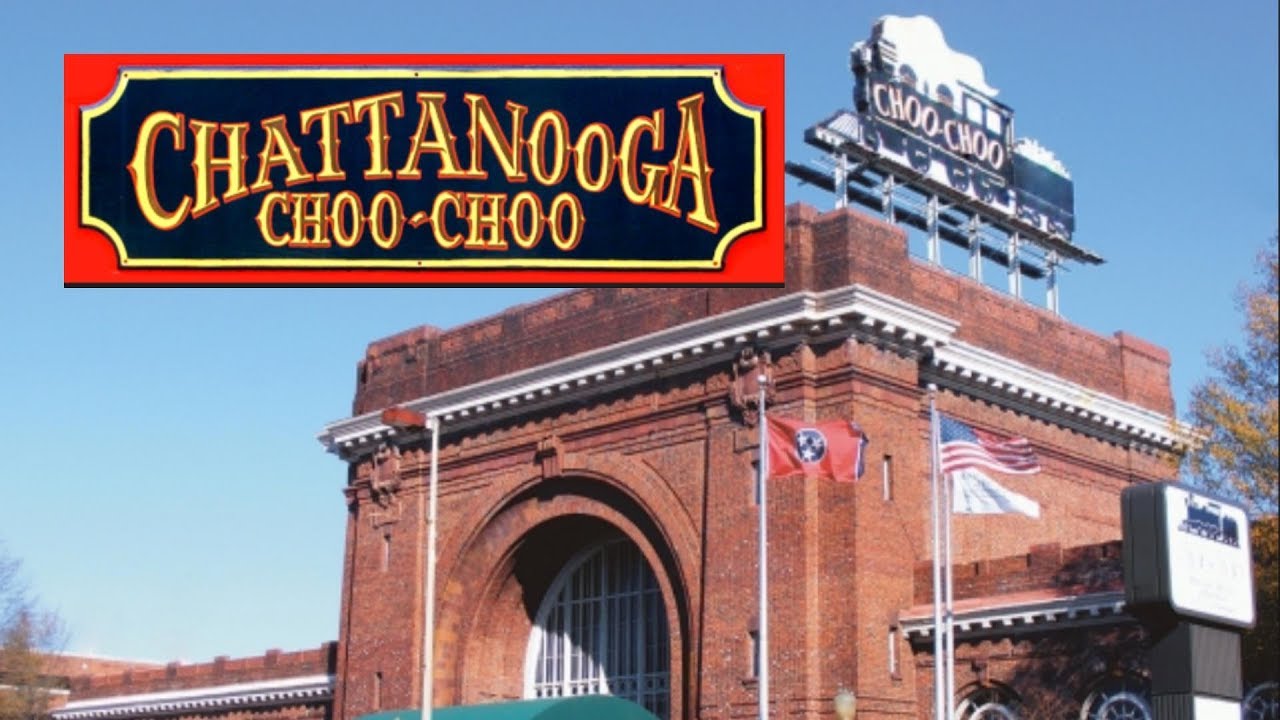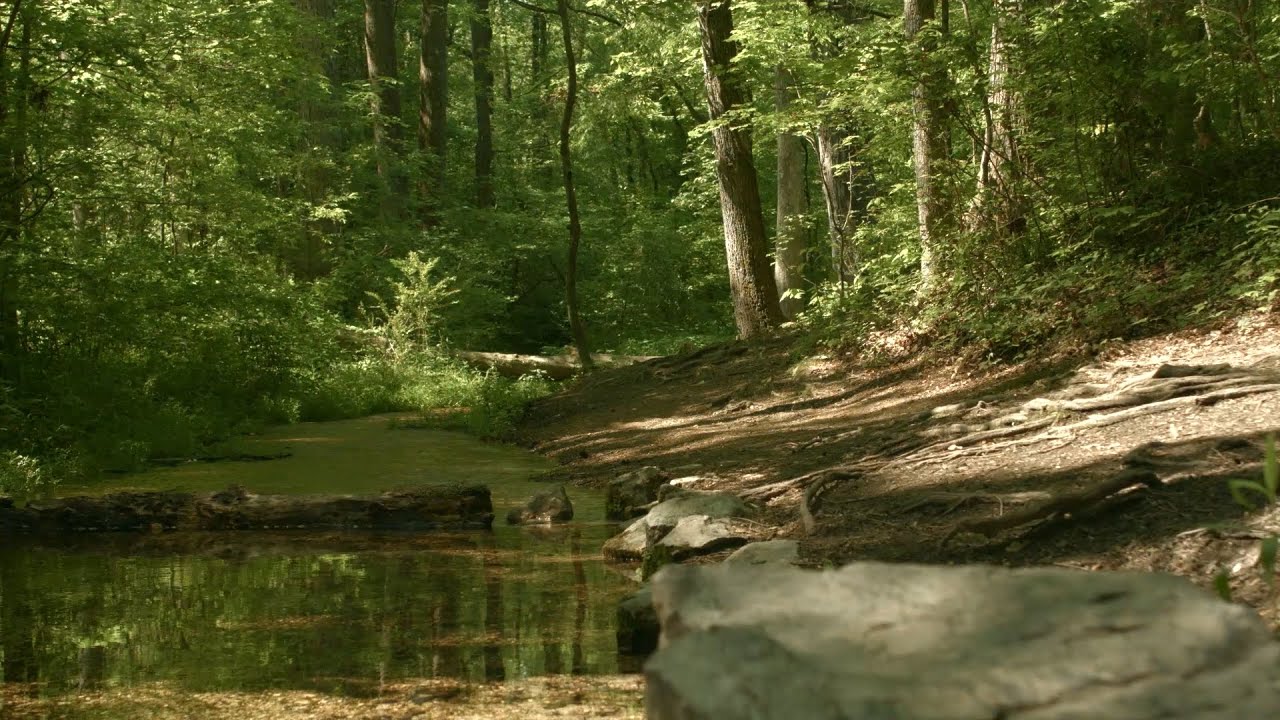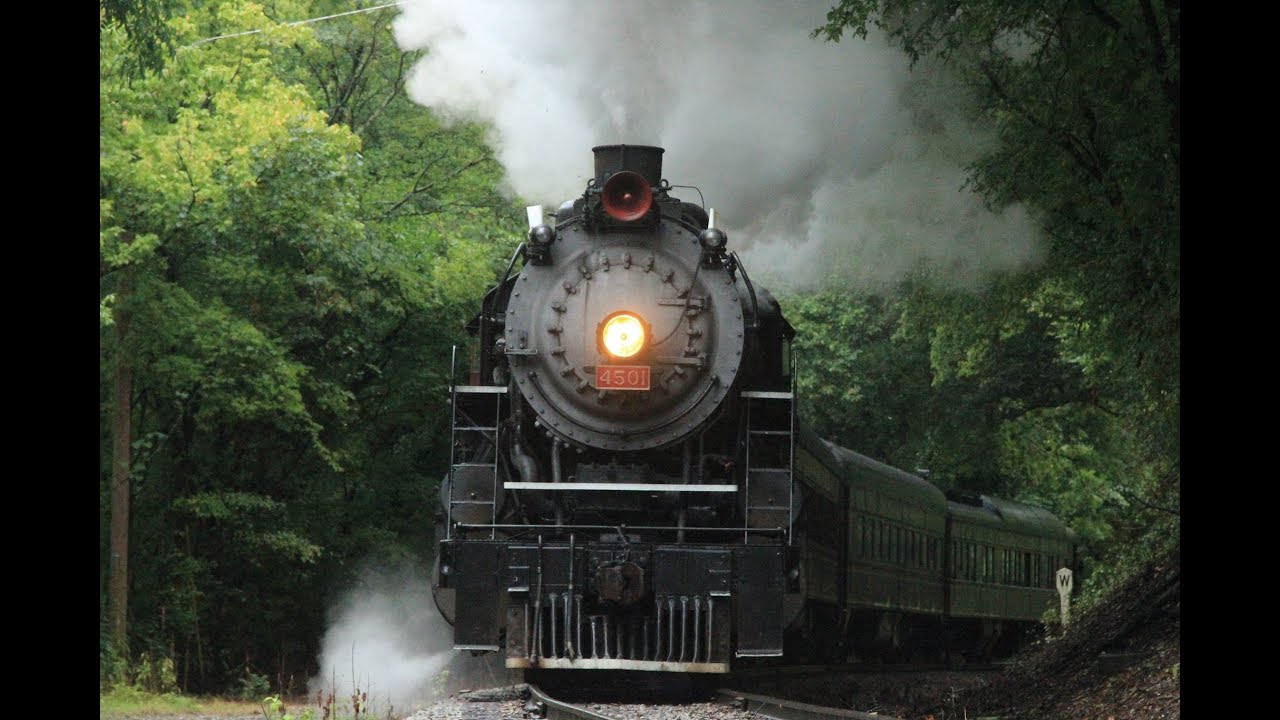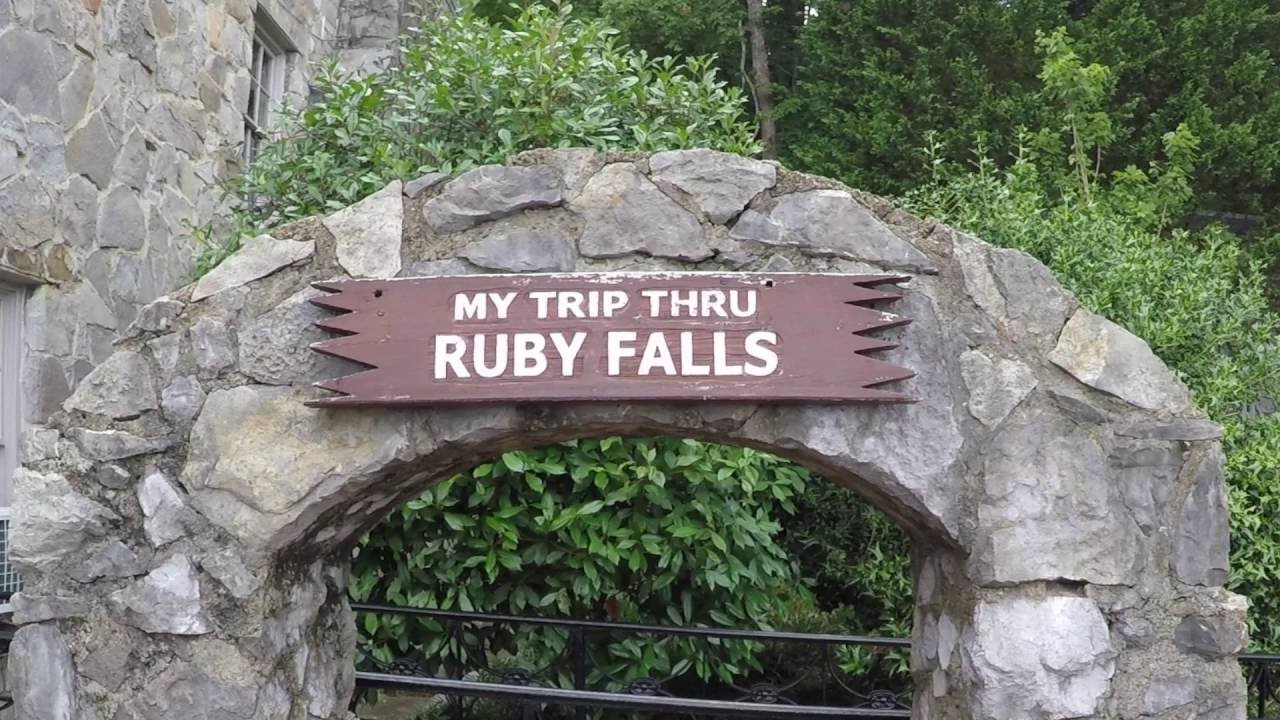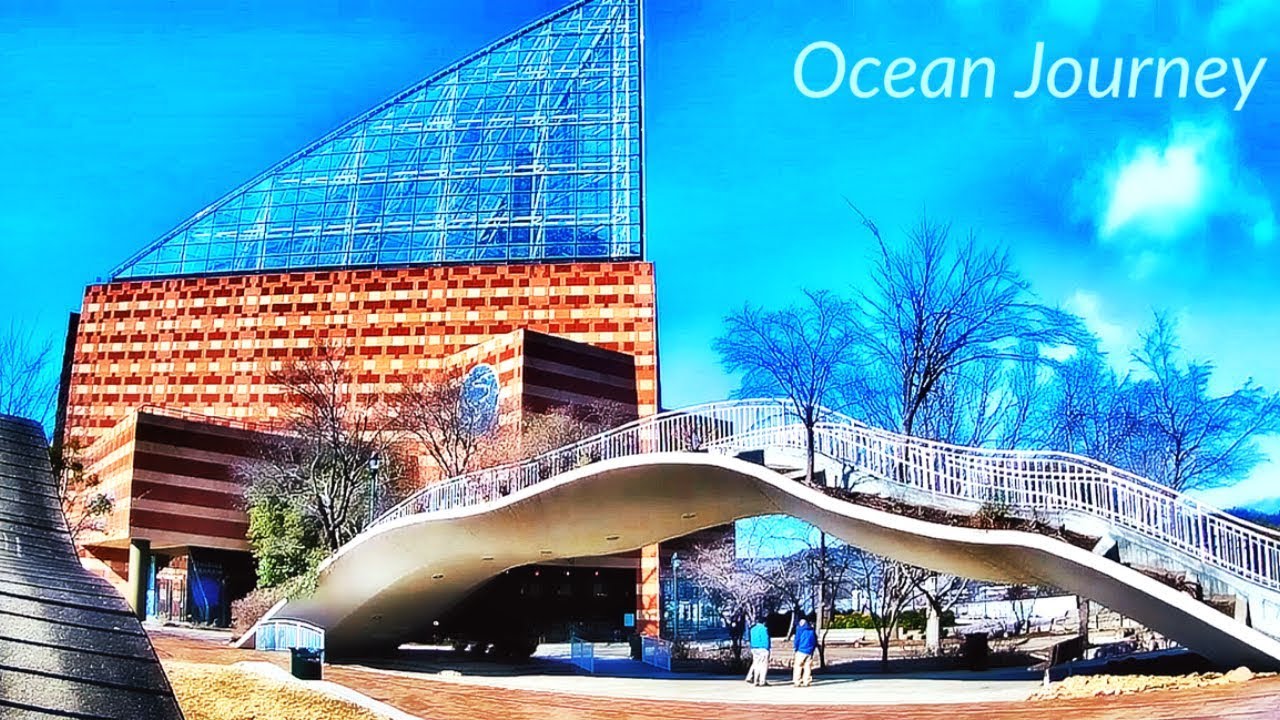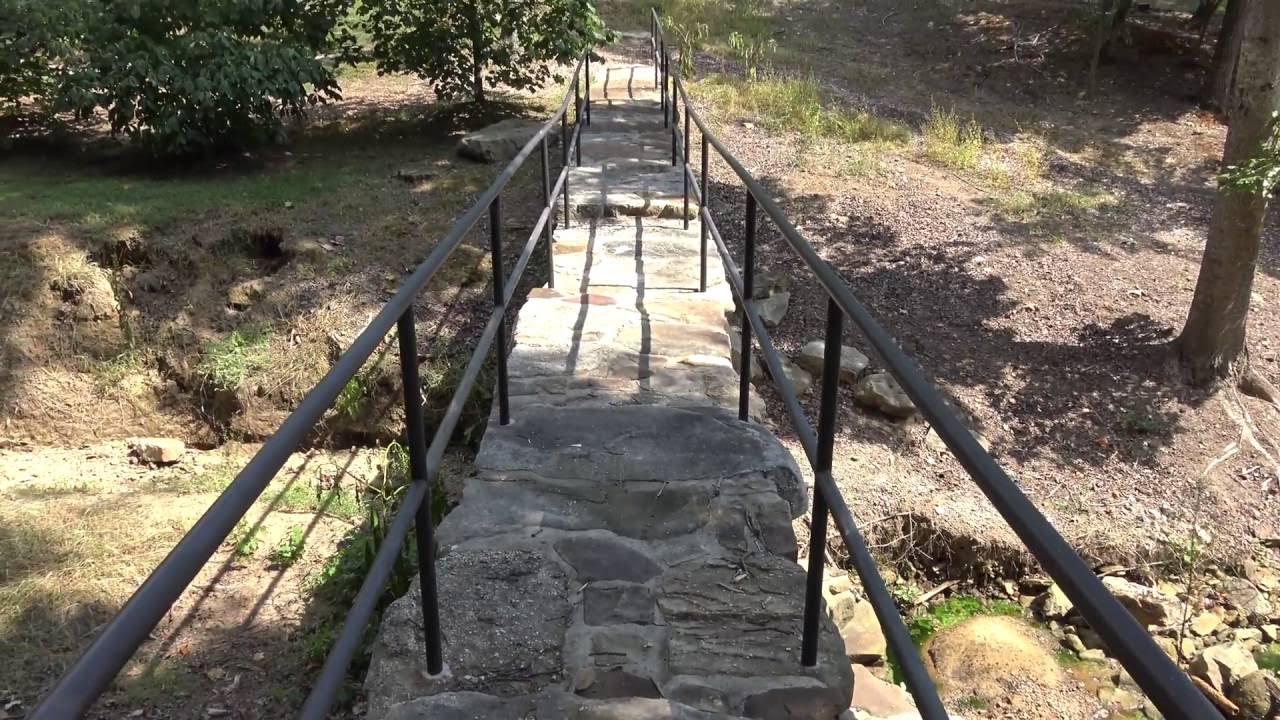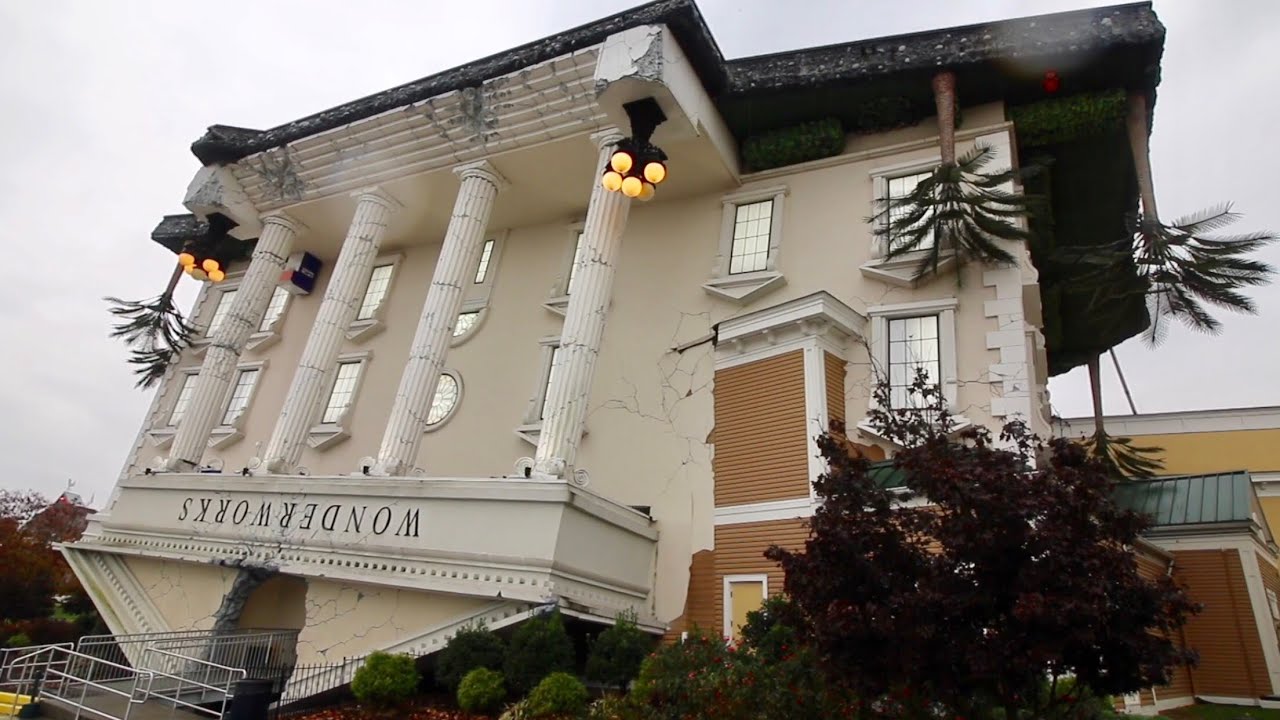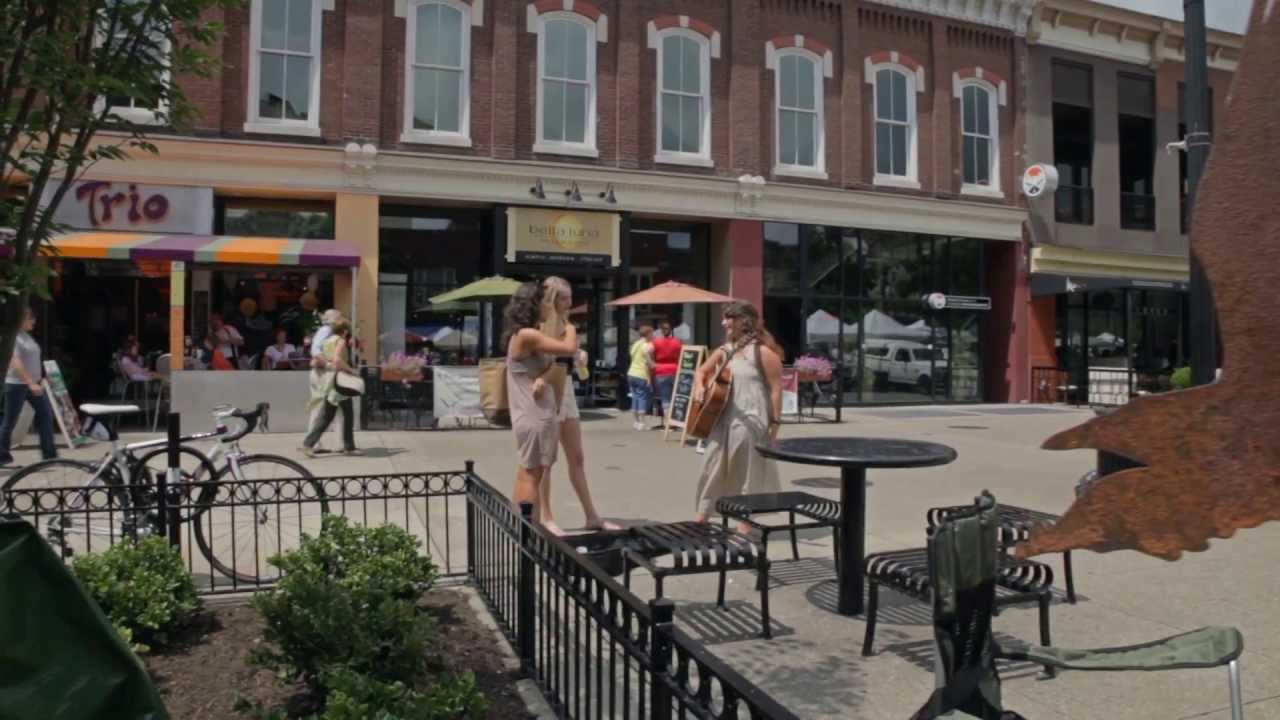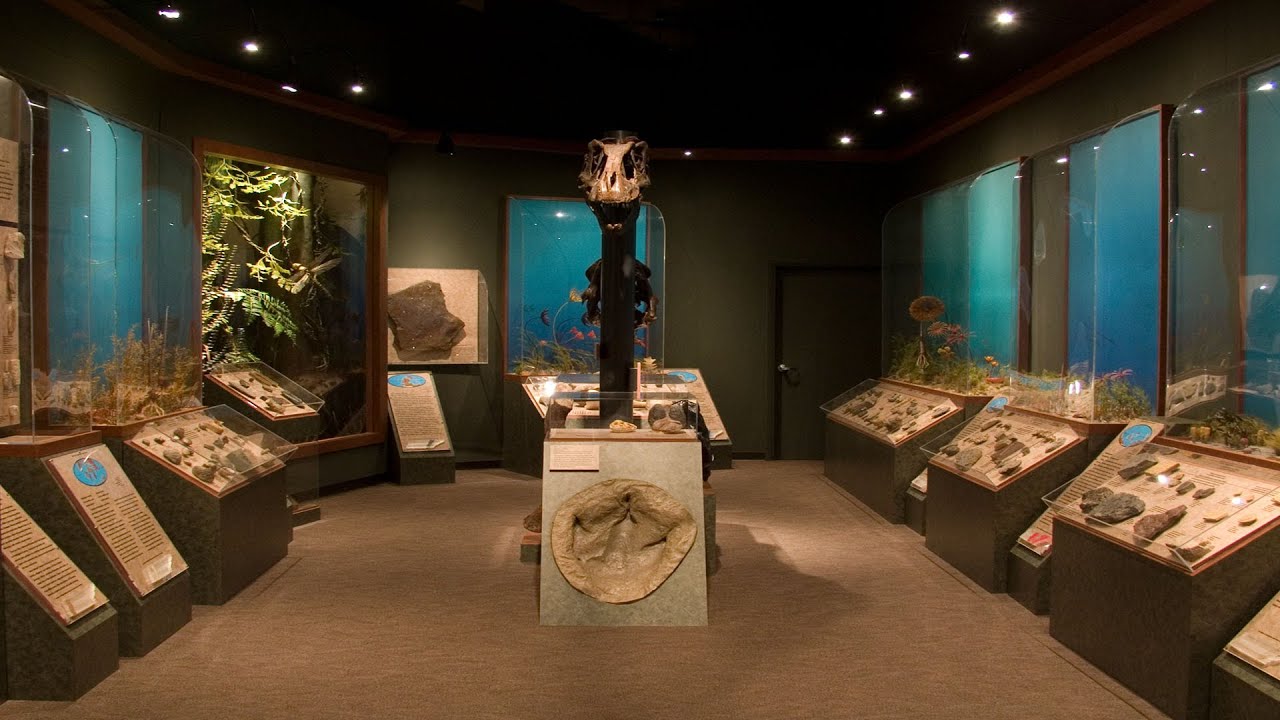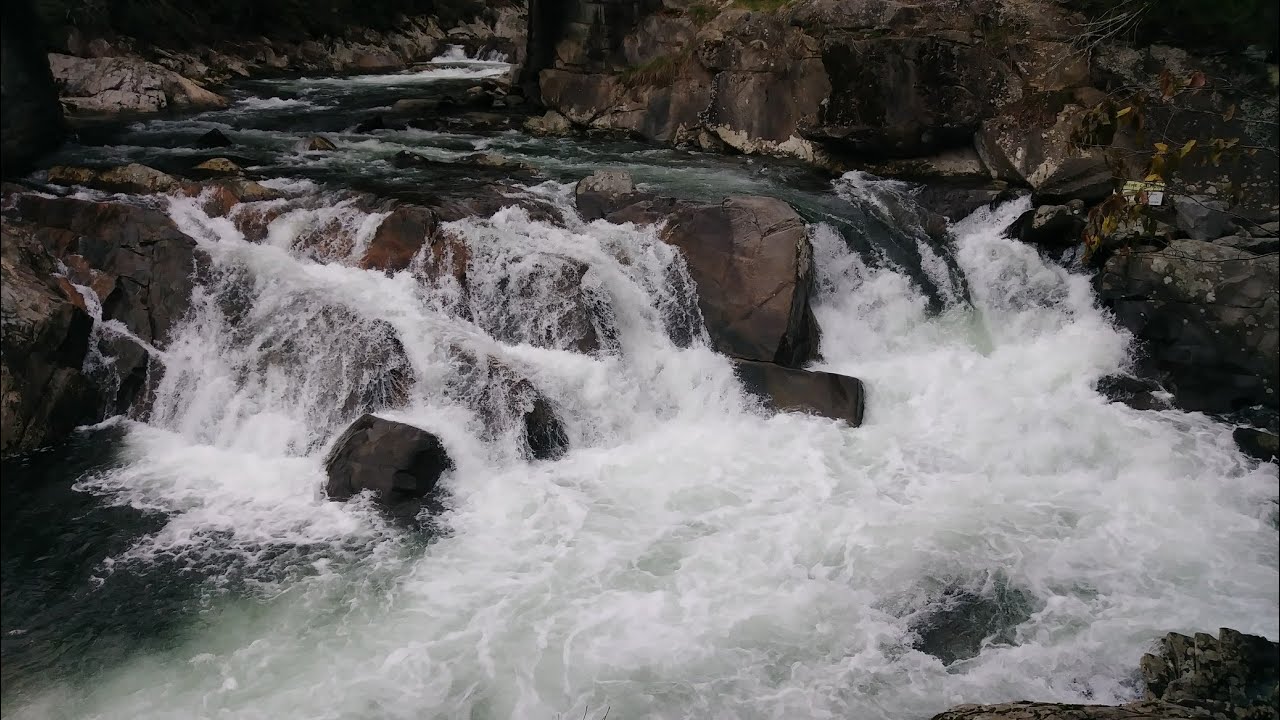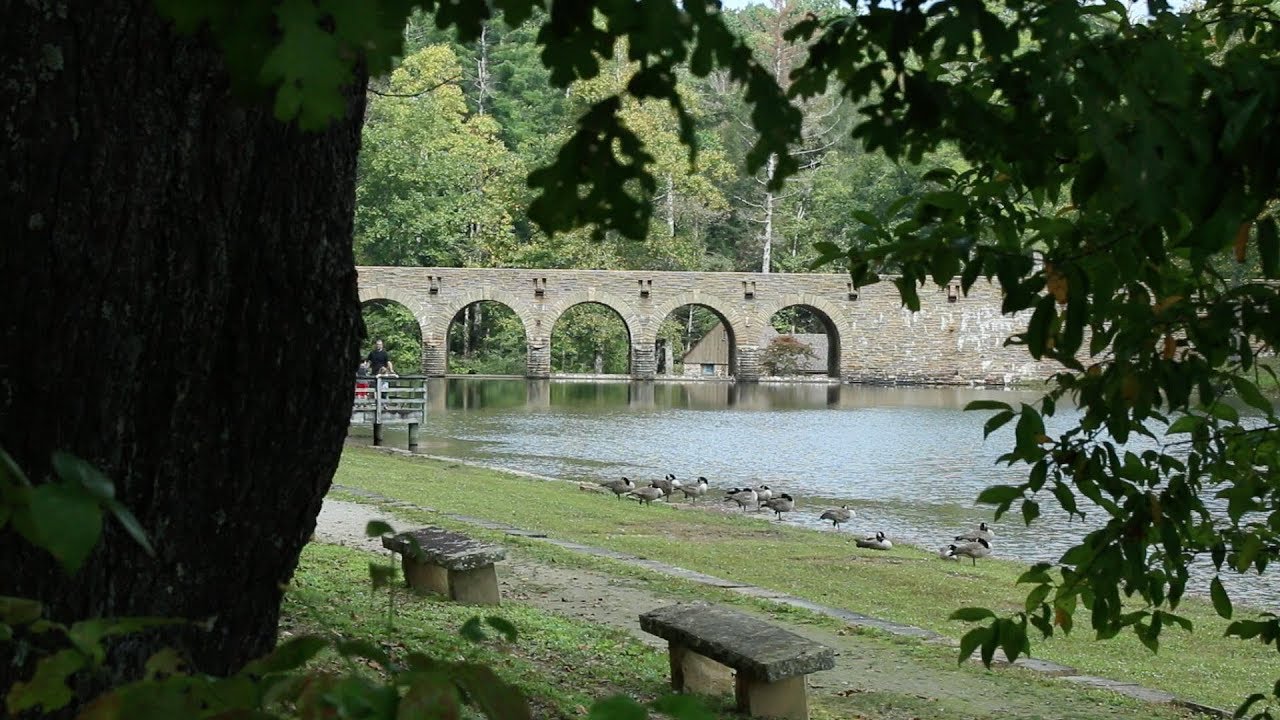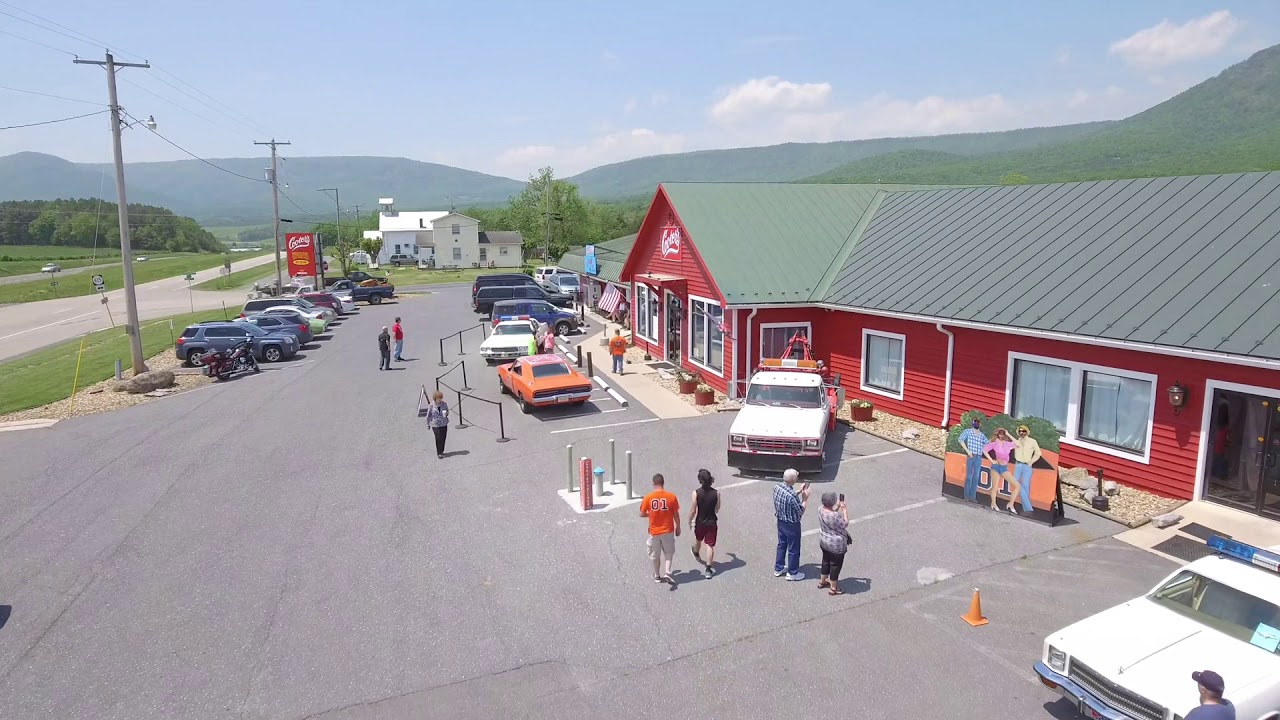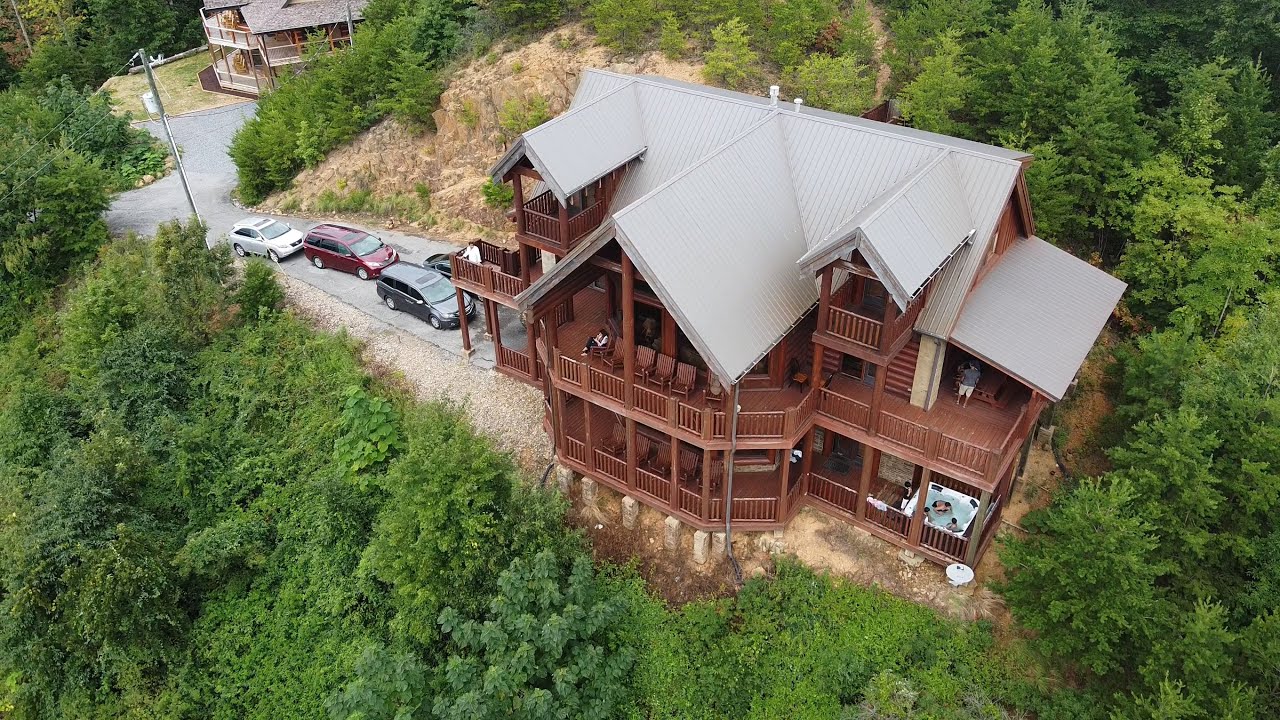Few cities are so identified with a song as CHATTANOOGA, in the southeast corner of Tennessee. Though visitors expecting Tex Beneke’s and Glenn Miller’s Chattanooga Choo-Choo may be let down to find that there is no longer even an Amtrak service, the town continues to celebrate its railroad history and has plenty more to offer besides not least its beautiful location on a deep bend in the Tennessee River, walled in by forested plateaus on three sides. This setting led John Ross, of Scottish and Cherokee ancestry, to found a trading post on the spot in 1815, and its strategic importance made it a great prize during the Civil War; victories here in 1863 were the springboard for Sherman’s march through Georgia.
Chattanooga, Tennessee is one of the South’s top travel destinations. In fact, the New York Times named Chattanooga TN one of the “Top 45 Places to go” in the World. Only four US destinations were named and the Scenic City was the only place outside of California. And it’s no wonder. Tucked between the mountains of Southeast Tennessee, along the beautiful Tennessee River, Chattanooga TN is one of America’s most breathtaking cities. But that’s just the beginning of what the Scenic City has to offer. There’s a world of outdoor adventure, amazing restaurants, live events, art and world-class attractions waiting for you here.
Chattanooga Attractions
The centerpiece of Chattanooga’s twenty miles of the reclaimed riverfront is Ross’s Landing (the town’s original name), a park at the bottom of Broad Street. Here the splendid five-story Tennessee Aquarium traces the aquatic life of the Mississippi from its Tennessee tributaries to the Gulf of Mexico, and also shows giant IMAX movies ($12.95, IMAX $7.25, combined ticket $17; call for hours and reservations tel 423/265-0695 or 1-800/262-0695, ). A variety of different cruises on the Southern Belle riverboat (tel 423/266-4488), from the bottom of nearby Chestnut Street, include the daunting experience of bobbing around in the bottom of a huge lock on Chickamauga Lake. Prices start from $10 for a daytime sightseeing tour.
A few blocks from the river, the Chattanooga Regional History Museum at 400 Chestnut St (Mon-Fri 10am-4.30pm, Sat-Sun 11am-4.30pm; $4) takes a look at the area’s rich history, with displays on its steel, soft-drink bottling and power industries, and on the Cherokee. A short walk, further along, is the grand old c.1900 buildings of the lively business district, such as the eye-catching Tivoli Theatre at 709 Broad St.
The further Chattanooga sprawls back from the river, the more run-down it becomes, but it’s well worth heading the two miles up to the Choo-Choo complex, where the 1909 Beaux Arts-style Southern Railroad Terminal, at 1400 Market St (tel 423/266-5000), is now a Holiday Inn – the Chattanooga Choo-Choo Hotel. The impressive high-domed waiting room serves as the lobby, leading through to the former platform area, where restored carriages act as hotel suites. Giftshops and cafés share space with a steam engine similar to the original Choo-Choo (the name given by the local paper to the first passenger train to come in from Cincinnati in 1880). You’re free to roam around; admission to the world’s largest model railway display, on-site, is $2.75. A free shuttle runs between the Choo-Choo complex and the Aquarium.
The authentic steam trains of the Tennessee Valley Railroad offer stunning six-mile rides, crossing the river, running through deep tunnels, and turning around on a giant turntable. The two main stations, restored to their 1930s look, are at 2200 N Chamberlain Ave in east Chattanooga and 4119 Cromwell Rd (I-75 exit 4 to Hwy-153); some routes pick up at the Choo-Choo Hotel ($10.50; for schedule call 423/894-8028 or visit ).
Chattanooga Transportation
- A taxi downtown from Chattanooga’s airport (tel 423/855-2200), three miles east, costs around $12. Greyhound connections with Nashville, Knoxville, and Atlanta arrive on Broad Street downtown.
- The visitor center, adjacent to the Tennessee Aquarium (daily 8.30am-5.30pm; tel 423/756-8687 or 1-800/322-3344, ), provides the usual range of help, along with a useful guide for travelers with disabilities.
- Budget motels downtown, such as the Days Inn Rivergate, 901 Carter St (tel 423/266-7331, fax 423/266-9357, ; $75-100), tend to be in rather dismal areas; far more atmospheric, if you can get a room on the train, is the Choo-Choo (tel 423/266-5000 or 1-800/872-2529, fax 423/265-4635; $100-130), and there are countless inexpensive options along the interstates, such as the Super 8 , at 1410 Mack Smith Rd off I-75 S, exit 1 (tel 423/892-3888, fax 423/499-0677, ; $35-50).
- There’s camping at Raccoon Mountain Campground , 319 West Hills Drive (tel 423/821-9403, fax 423/825-1289, ; cabins up to $35/$35-50, tent sites $12.95).
Chattanooga Restaurants
The obvious place to eat in Chattanooga is the Choo-Choo complex, where the enclosed but well-lit Gardens Restaurant serves standard meals for around $10; the more romantic Silver Diner serves steaks and seafood in a railroad car permanently parked on the platform behind, and there’s also an Espresso Café (all tel 423/266-5000). For inventive southern cooking in a stylish atmosphere, try the Southside Grill, 1400 Cowart St (tel 423/266-9211). The Big River Grille & Brewing Works, 222 Broad St (tel 423/267-2739), is a cavernous brewpub and restaurant near the Aquarium.
Tennessee Travel Destinations
A shallow rectangle, only one hundred miles from north to south, TENNESSEE stretches 450 miles from the Mississippi to the Appalachians and divides into three distinct regions. The marshy western third of the state occupies a low plateau edging down toward the Mississippi. Only in the far southwest corner do the bluffs rise high enough to permit a sizeable riverside settlement – the exhilarating port of Memphis. Tennessee’s largest city is a magnet for music fans, as the birthplace of urban blues and long-time home of Elvis. The fine plantation homes and tidy old towns of middle Tennessee‘s rolling farmland reflect the comfortable lifestyle of its pioneers; smack at the heart of this is Nashville, still country music’s capital, despite upstart competition from Branson and Myrtle Beach. The mountainous east shares its top attraction with North Carolina – the peaks, streams, and meadows of Great Smoky Mountains National Park.
Tennessee’s first white settlers, most of them British Protestants, arrived from across the mountains in the 1770s to settle in the hills and hollows of the Appalachians. Initially, relations with the Cherokee were good. However, demand for land increased, and confrontations throughout the state culminated in 1838 with the forced removal of the Indians on the “Trail of Tears.” One of the main congressional opponents of this process was Davy Crockett, familiar from legend as the heavy-drinking hunter in a coonskin cap. When the Civil War came, the plantation owners of the west maneuvered Tennessee into the Confederacy, against the wishes of the nonslaveholding small-hold farmers in the east. The last state to secede became the primary battlefield in the west, the site of 424 battles and skirmishes.
Despite economic development to rival any in the country, soil erosion and farm mechanization led to a mass migration to the cities in the years before World War I. The fundamentalist beliefs of these transplanted hill-dwellers (whose folk and fiddle music served to spark Nashville’s country scene) influenced a prohibition movement that kept all of Tennessee bone-dry until 1939, and still sees a majority of counties forbidding the sale of alcohol. The New Deal of the 1930s brought significant changes. In particular, the Tennessee Valley Authority, created in 1933, harnessed the flood-prone Tennessee River, providing much-needed jobs and cheap power.



